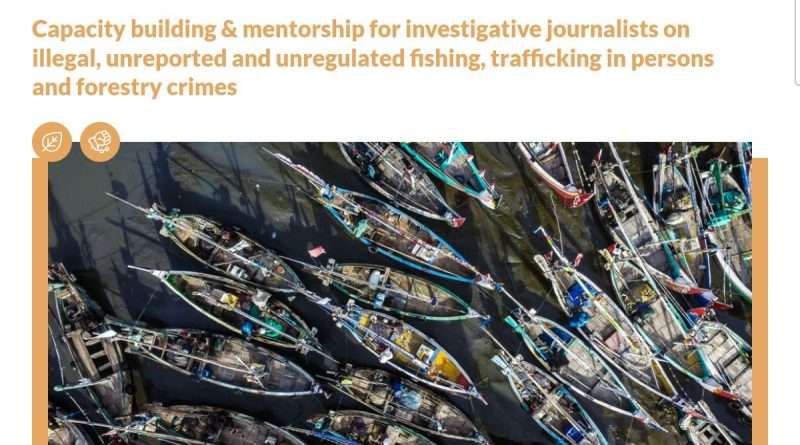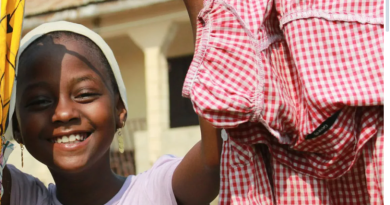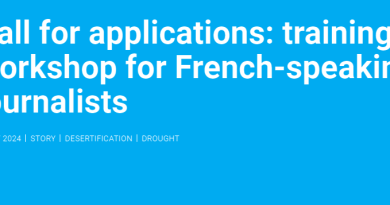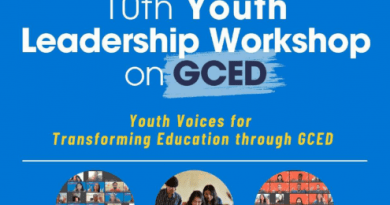Opportunity for Journalists: Apply for the GI-TOC Capacity Building & Mentorship Program for Investigative Journalists
The GI-TOC, with support from the U.S. Department of State, is coordinating a capacity building program for investigative journalists in Mauritania, Cape Verde, Guinea, Guinea-Bissau, The Gambia, and Senegal. This program aims to enhance the skills and knowledge of West African journalists in order to combat transnational organized crime and illicit trafficking. The GI-TOC has a strong partnership with Poseidon and The Consortium of Media Innovation and Social Communication (CMICS) in delivering this training.
The main objective of this program is to strengthen the capabilities of West African investigative journalist networks in addressing transnational organized crime. This will be achieved by improving their investigative skills and knowledge on human trafficking, IUU fishing, and forestry crimes. The program also aims to increase the impact of their reporting on public awareness and policymaking regarding transnational organized crime in West Africa.
The program includes a virtual capacity building session to provide a foundation for analyzing transnational organized crime. Additionally, there will be a five-day in-person workshop in Dakar from April 15-19, 2024. During this workshop, experts in the relevant fields will deliver sessions on IUU fishing, forestry crimes, trafficking in persons, and investigative journalism skills, including audio-visual skills.
Furthermore, journalists will have the opportunity to apply for a six-month mentorship program, which includes a grant and mentorship from an expert in the relevant field. This mentorship will focus on developing an investigative journalism story on either IUU fishing, forestry crimes, or trafficking in persons. Five journalists will be selected for this mentorship program.
Overall, this program aims to create a network of journalists who are equipped with the necessary skills and knowledge to effectively report on transnational organized crime in West Africa.
To qualify, journalists must meet the following criteria:
1. They must be located in one of the designated focus countries.
2. They should possess proven experience in collaborating closely with communities within that country.
3. They must have demonstrated expertise and proficiency in investigative journalism, including the utilization of investigative techniques.
4. They should have a track record of working on and publishing investigative journalism pieces pertaining to transnational organized crime, with supporting evidence.
5. They must be available to physically attend the workshop in Dakar from 15-19 April.
6. Desirable qualifications include previous documented experience in reporting on IUU fishing, trafficking in persons, and/or forestry crimes.
Applicatiom
- In order to apply please fill out the form
- Visit the portal for details
- Deadline by Friday 02 February 2024 18:00 WAT





